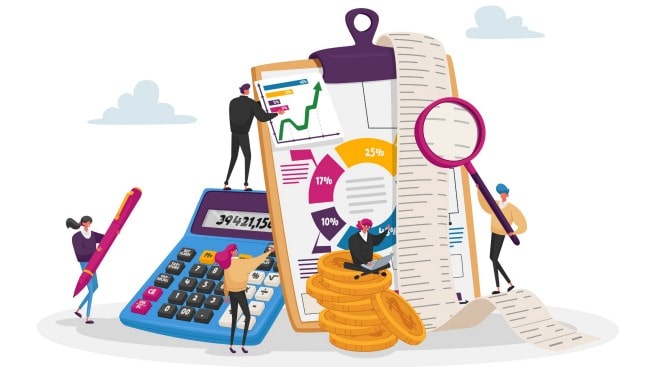Can I get a secured credit card with no credit check?

A secured credit card is just one option for people with new or challenged credit. But can you apply for a secured credit card with no credit check?
In short, no, you cannot apply for a secured credit card with no credit check. Financial institutions still need to vet applicants, even for secured accounts. But let's take a closer look at how exactly secured credit cards work and what approval criteria banks use to issue these cards.
What's a secured credit card?
A secured credit card is a type of credit card that requires some form of collateral to open an account. It's designed for borrowers with little to no credit history or those who are rebuilding credit. Although Chase does not offer secured credit cards, financial institutions that do, often consider these borrowers to be “risky" and want extra security for new lines of credit.
In addition to your credit application, you'll need to pay a security deposit or put up a savings account as an assurance. This deposit may be kept in case you miss payments, ensuring the institution has something to fall back on if you cannot pay balances or fees on time. Getting a secured credit card requires more than just paying a deposit though. Credit issuers may also consider your overall credit status and investigate your ability to pay the card balance and associated fees. The exact requirements can depend on your personal situation and the card issuer. Credit limits will also vary among institutions.
Secured credit cards can be an attractive option for borrowers who are building or rebuilding credit. They can help improve your credit when you:
- Maintain a credit utilization ratio of 30 percent or less.
- Keep all your financial accounts in good standing.
- Make consistent, on-time payments.
How secured credit cards work
As you make consistent, on-time payments, your secured credit card may help improve your credit score over time by demonstrating responsible financial behavior to credit reporting agencies. Opening lines of credit or paying bills and loans can also help improve your overall credit history. Lenders then use this information to decide whether to grant you a loan or extend an open line of credit.
Keep in mind that there may be other charges you are required to pay, on top of the balance of your secured credit card. Depending on the financial institution issuing the card, you might also need to account for:
- APR
- Transaction fees
- Annual fees
Managing all these factors responsibly will typically result in two options as your credit strengthens: Upgrade your card to a traditional “unsecured" card or close your account. In both scenarios, you may qualify to get your full deposit back.
What do you need to apply for a secured credit card?
The exact information you'll need to apply for a secured credit card may vary depending on the issuer's guidelines. In general, the bank needs to check your credit history to confirm your ability to make on-time payments. This is why credit card applications can show up on your report as hard inquiries. Hard inquiries, or hard pulls, may temporarily lower your credit score.
Secured card applications might also require the following information:
- U.S. address and bank account
- Proof of income
- Birth date
The required deposit amount will depend on the institution and your desired credit limit. Some institutions will match your deposit to the credit limit, while others might give you a different limit than the total deposited. Regardless, the full deposit is usually due upon approval.
While there is a chance you may be instantly approved, it can still take several days to get a final decision on your application. If you're denied, you will receive a document that may include a credit score and a reason for your denial. It may make sense to check your credit report before applying to prevent potential errors in your report from triggering a rejection.
In summary
While it's not possible to apply for a secured credit card with no credit check, these cards can still be an excellent way of building credit for people who are new to credit or those trying to rebuild credit. With consistent, on-time payments, your improved credit can hopefully broaden your borrowing opportunities and foster a healthy financial future.



